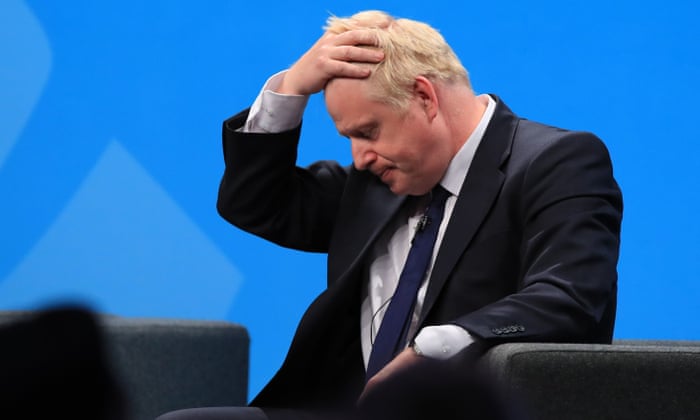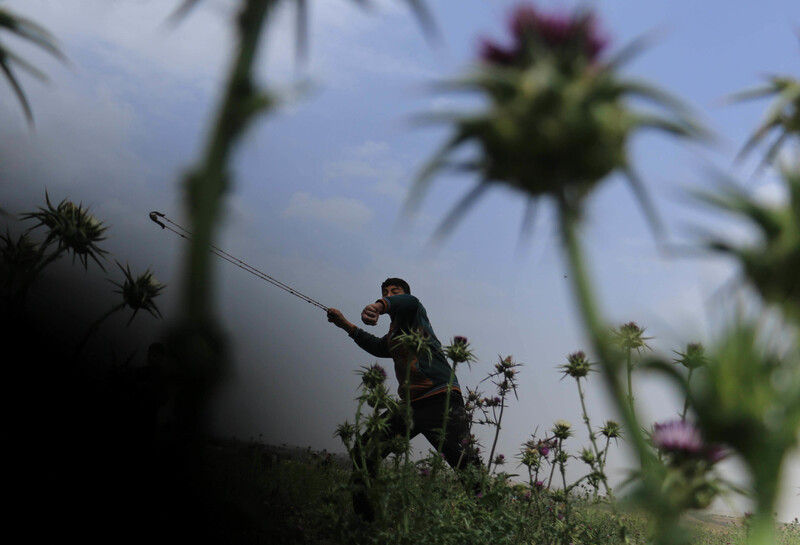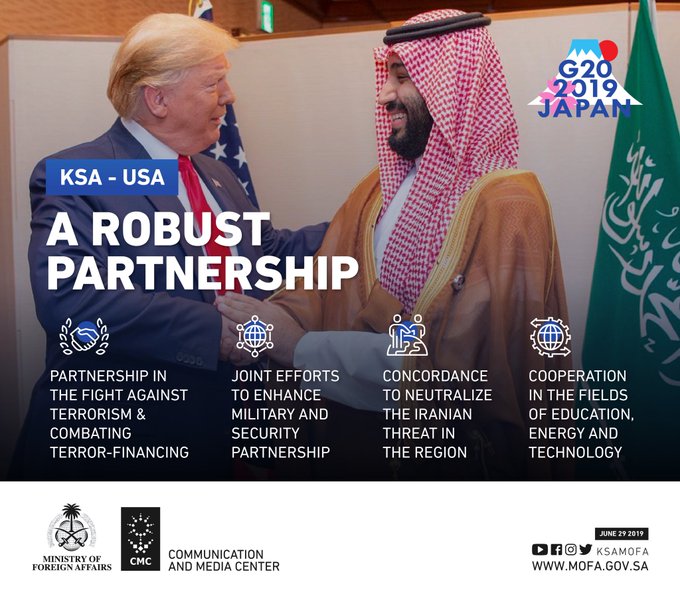As for the plan itself, it outlines a constructive vision for a future
Palestinian state but one that is detached from today’s realities.
Israel still controls the economic life of the Palestinian territories,
and little progress is possible without its support, yet remarkably the
plan calls on Israel to do nothing at all to help the Trump team’s
vision come into being.
If the Trump administration wants to help Palestinians and Israelis, it should shelve its fantasy plan, which the Palestinian leadership has already rejected, and instead focus on something much more tangible—addressing the ongoing Gaza-Israel conflict. Not only have thousands of people lost their lives in this conflict, including 280 Palestinians and two Israelis over the past year, but for many years, 2 million people have been trapped in a terrible humanitarian situation and residents of southern Israel have lived under the constant threat of rockets. This standoff seems intractable, but progress is possible—if Washington puts its considerable clout to work.
If the Trump administration wants to help Palestinians and Israelis, it should shelve its fantasy plan, which the Palestinian leadership has already rejected, and instead focus on something much more tangible—addressing the ongoing Gaza-Israel conflict. Not only have thousands of people lost their lives in this conflict, including 280 Palestinians and two Israelis over the past year, but for many years, 2 million people have been trapped in a terrible humanitarian situation and residents of southern Israel have lived under the constant threat of rockets. This standoff seems intractable, but progress is possible—if Washington puts its considerable clout to work.
First, the United States needs to build the right international team, and, fortunately, one is available. The country should join existing efforts by Egypt and the Office of the U.N. Special Coordinator for the Middle East Peace Process, which together have negotiated with Israel, Hamas, and the West Bank-based Palestinian Authority (PA) and PLO to keep a lid on the situation in Gaza. By adding considerable U.S. leverage, this coalition could together address the short-term humanitarian and long-term political causes of the ongoing conflict and escape the senseless trap of recurring violence.
Second, the United States should work to address the dire humanitarian situation. Currently, Gaza’s unemployment rate is higher than just about any country on Earth at 52 percent, and per capita GDP is under $2,000—20 times lower than Israel’s.
Gaza’s economic solution starts with freedom of movement. No economy can function when it is cut off from the world. The United States should encourage Israel to reauthorize the entry of a few thousand Gaza residents to work in Israel—a proposal that is supported by the Israeli security establishment. This can be done safely—after all roughly 100,000 West Bank Palestinians work in Israel every day, and before the shutdown of Gaza, . Israeli intelligence services are capable of finding a few thousand people out of 2 million whom they do not consider a threat.
With 97 percent of Gaza’s drinking water unfit for human consumption, and the area facing a chronic electricity shortage, the United States and its partners can lead an effort to get more water and electricity into Gaza—purchased from Israel or Egypt. Trump should also restart funding he cut to the U.N. agency responsible for education services in Gaza for 250,000 children who would otherwise be in Hamas schools.
Third, the U.S.-Egypt-U.N. triumvirate should get the international community behind a long-term political plan for a three-way agreement between Israel, Hamas, and the PA and PLO. Past failed efforts have all focused on two separate agreements—a reconciliation between the PA and Hamas or a long-term cease-fire between Israel and Hamas. The separate tracks have repeatedly failed, in part, because without all three parties as part of the deal, one of them spoils it for the other two.
Hamas would agree to a long-term cease-fire with Israel and destruction of all tunnels into Israel in exchange for a loosening of the blockade, something both have been considering for some time. Hamas would reaffirm the PLO’s role as the leader of the Palestinian people in exchange for a say in the PLO’s decision-making process. And the PA would assume partial responsibility for governing Gaza, relieving Hamas of some of this burden in exchange for a foothold in Gaza after a decade of absence.
Such a deal could work for Israel, which would get the quiet its citizens seek, and could work for Hamas, which has no interest in being responsible for picking up the trash. It would be most difficult for the PA and PLO, which would fear being stuck with Gaza, responsible for its fate but sharing power with a hated rival. Israel and the international community would therefore have to incentivize the PA and PLO by offering a significant move on Israeli-Palestinian peace to signal that this is part of a broader effort that leads to a Palestinian state in Gaza and the West Bank.
The immediate humanitarian and economic measures we recommend are possible today and would make a huge difference. The political program is far more difficult, but by laying out the terms of a three-way Hamas-Israel-PA/PLO deal now, and building an international consensus around it, the United States could create a pathway toward resolution of the Gaza-Israel bloodshed and the Gaza-West Bank split.
A major U.S. effort on Gaza that can end the ongoing violence and save lives may not be a Nobel Peace Prize-winning endeavor, but it could make a much more meaningful difference toward peace than simply putting out another U.S. plan that is already doomed to failure.



 Boris Johnson during a Tory leadership hustings in Manchester. Photograph: Peter Byrne/PA
Boris Johnson during a Tory leadership hustings in Manchester. Photograph: Peter Byrne/PA


 Palestinians in Gaza City protest against the U.S.-sponsored Middle East economic conference in Bahrain on June 26.
Palestinians in Gaza City protest against the U.S.-sponsored Middle East economic conference in Bahrain on June 26. 












![Ratcliffe also ended his own hunger strike outside the Iranian Embassy in London [File: Peter Nicholls/Reuters]](https://www.aljazeera.com/mritems/imagecache/mbdxxlarge/mritems/Images/2019/6/29/48ee8ac9c4d640ceb05ab6ebfbc92425_18.jpg) Ratcliffe also ended his own hunger strike outside the Iranian Embassy in London [File: Peter Nicholls/Reuters]
Ratcliffe also ended his own hunger strike outside the Iranian Embassy in London [File: Peter Nicholls/Reuters]

